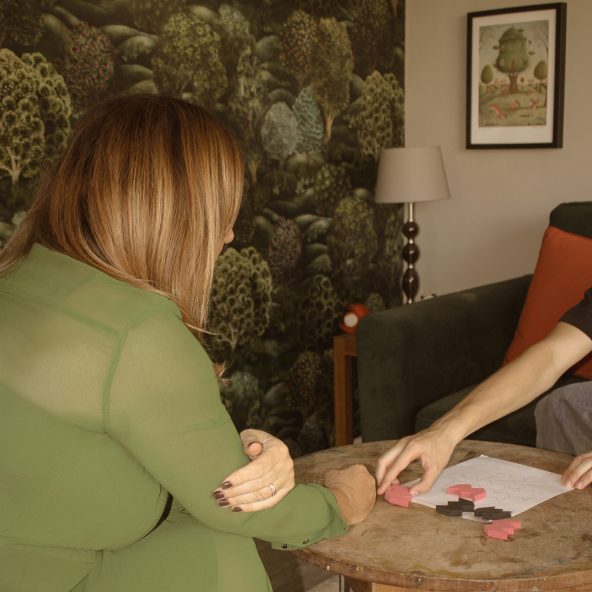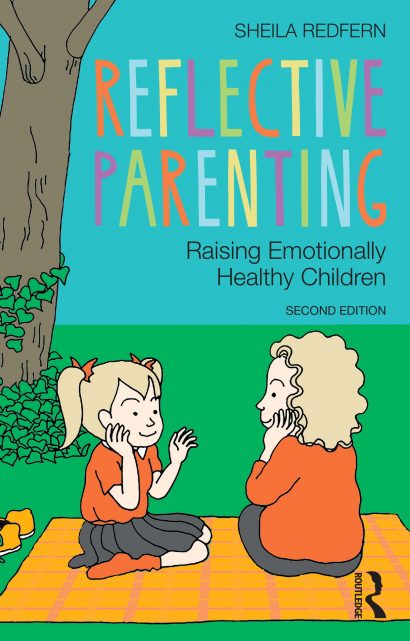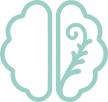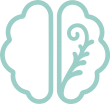Reflective Parenting Training
Course Tutor: Dr. Sheila Redfern
Course Fee: £542.41 (including fees, training and course materials)
Course Length: 12 hours training over two to three days on Zoom.
Course Dates: 10th, 11th, 17th February 2026. Time each day - 9.30am-1.30pm
Course Requirements: This course is open to any professional working with parents in a mental health, primary care, educational or social care setting. It is applicable to those working within teams and working independently.
Course Follow Up: At the end of the training, participants will be offered the opportunity of investing in further supervision with Dr Redfern to support their Reflective Parenting Practice.
Training for Professionals
Based on my acclaimed books Reflective Parenting and How Do You Hug a Cactus?, I offer a training to front line professionals in my model of mentalization-based parenting. This practical, clinical training trains professionals in how to use Reflective Parenting in their practice; working both individually and in groups of parents. The model of Reflective Parenting promotes positive outcomes for children’s emotional and behavioural wellbeing, where there are difficulties in the parent-child relationship.
This training will delve into applying mentalization, attachment theory, and reflective functioning for enhanced emotional and behavioural wellbeing in children. The course has been developed to address behavioural difficulties and anxiety in children and young people, and emphasises parental self-mentalizing and collaboration in group settings.
You will also be coached in using a range of mentalizing tools unique to the Reflective Parenting model, which helps parents to connect with their children in positive and meaningful ways.
Aims of the Training
- To learn about the key features of Reflective Parenting, its theoretical link to reflective functioning, attachment and theory of mind, and its application to working with parents with young children.
- To promote practitioner abilities in employing a mentalizing stance in work with parents.
- To develop practitioner skills in providing practical tools to parents to help explain and practice Reflective Parenting including the Parent APP and Parent Map.
- To describe and part-train professionals in the running of a Reflective Parenting Group.
After the Training
You will receive a copy of my Reflective Parenting manual (for younger children or for teenagers) or workbook. These materials will be your guide to running Reflective Parenting sessions or groups for parents.
Following the training you will have developed a range of skills in establishing an alliance and working collaboratively with parents and will have developed skills in the use of the Reflective Parenting tools; the Emotional Thermometer, Professional APP, Parenting App, Two Hands and Parent Map.
In order to establish model fidelity and to support you in your work, I offer follow up consultation/supervision to help you develop adherence to the Reflective Parenting model.
Legal Services, Looked After Children and Adopted Children & Families
I have over 20 years’ experience of the assessment of children involved in care proceedings. I will provide reports for children in civil, criminal and family cases, based on a thorough assessment of the child and family involved and careful review of the court documents.
I provide an assessment and intervention service for those children who are either in the care system, subject to child protection and in need of parent-child intervention or post adoption and living with their forever family.
Children in care and post adoption are likely to experience greater than average difficulties with their mental health. Adoptive parents and foster carers are also more likely to struggle in understanding and meeting these needs, and deserve a high level of expert support.
As a registered practitioner with the Adoption Support Fund (ASF), many families are able to access funding for the support I provide, which includes:
- Support to help secure and sustain placements and family relationships
- Comprehensive mental health assessments, considering a wide range of common disorders
- Evidence-based treatment tailored to the child’s needs
- Thoughtful, experienced guidance for adoptive parents and foster carers
My goal is to stabilise placements, strengthen relationships, and help children and families thrive.

Reflective Parenting
Raising Emotionally Healthy Children
A revised edition of my best selling book Reflective Parenting, coming January 2026
New chapters include the impact of social media on children, life after Covid and navigating the tween years.


